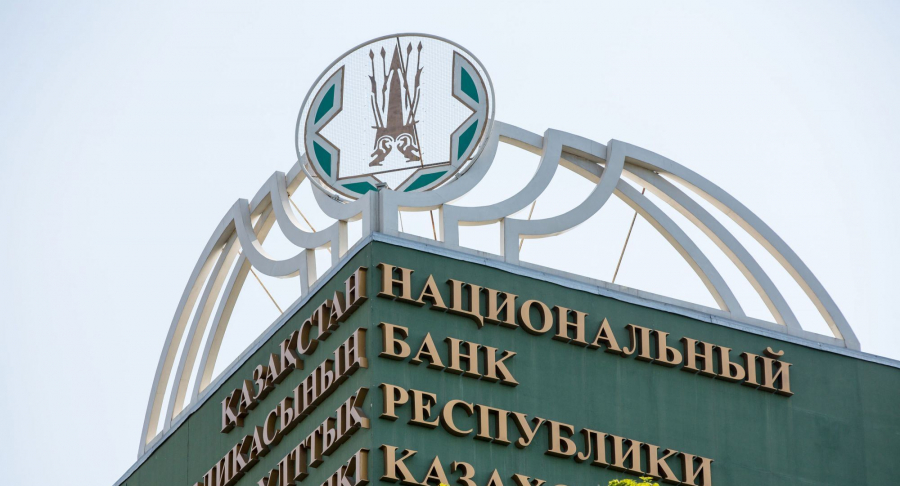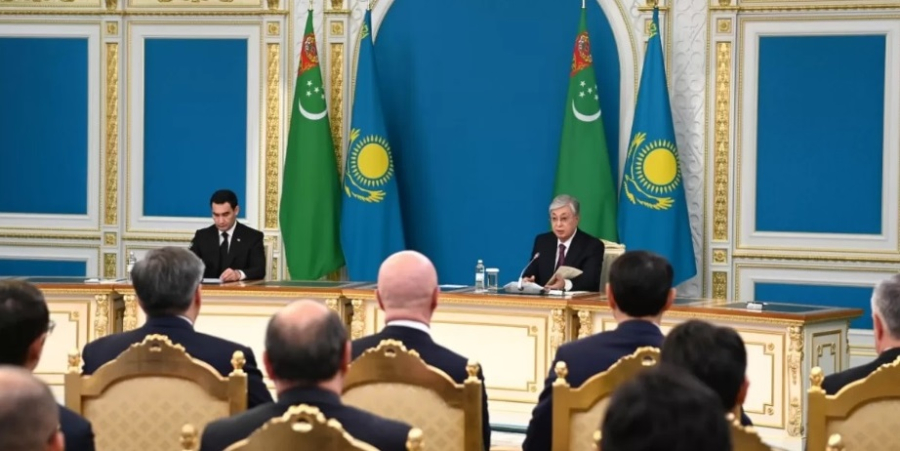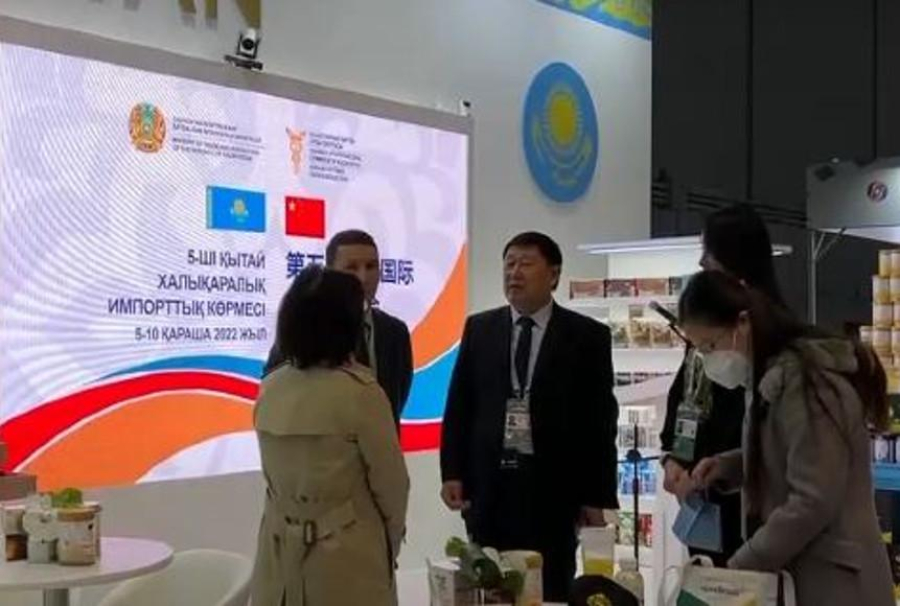Kazakhstan’s National Bank to provide flexible exchange rate

The National Bank of Kazakhstan introduces a set of measures to minimize the impact of external shocks, Chairman Galymzhan Pirmatov reported at the Government’s meeting. Volatility rose in the financial markets of Kazakhstan in the context of an unprecedented event. Against the backdrop of increased uncertainty caused by the deterioration of the geopolitical situation in the world, the tenge rate remains volatile. As such, the bank carried out foreign exchange interventions on certain days to limit the risks of financial instability in case of unreasonable sharp spikes in the exchange rate. Their volume exceeded US$273 million in February. Operations for the conversion of funding of the National Fund also supported the national currency. Meanwhile, the weakening of the Russian ruble due to additional sanctions in early March increased pressure on the tenge.
“In order to ensure a more market-based exchange rate in the market of cash foreign currencies, the National Bank developed amendments to expand the limits for the deviation of the buying rate from the selling rate of foreign currency for tenge through exchange offices. With the purpose of preventing risks of financial instability and reducing the pressure of speculative demand, the Presidential Decree introduced restrictions on taking out of the country of foreign currency in cash and monetary instruments in foreign currency above US$10,000, gold bars, refined gold weighing more than 100 grams. This will ensure control over the excessive export of foreign currency and the safety of the National Bank’s reserves,” Pirmatov said.
The national currency rate in recent days has been fluctuating around 512 tenge per dollar. The national and second-tier banks take the entire list of measures for the supply of cash foreign currency to Kazakhstan. The financial regulator will continue to adhere to flexible exchange rate formation, which absorbs shocks, eliminates the accumulation of imbalances and at the same time allows for the prudent use of reserves.
Translation by Saniya Sakenova
Editing by Galiya Khassenkhanova









